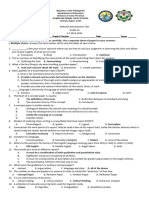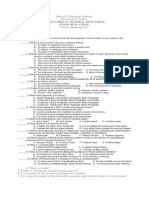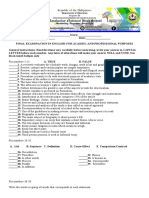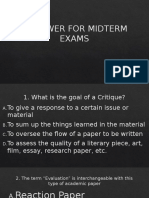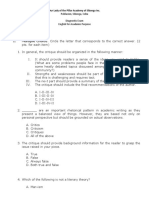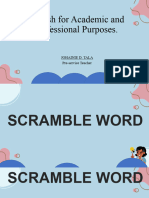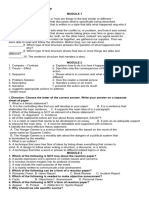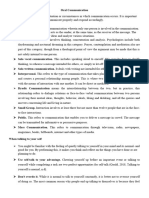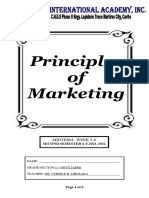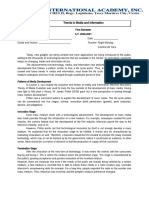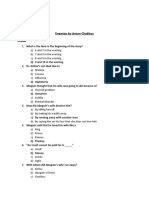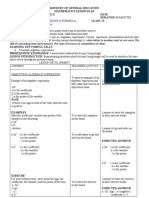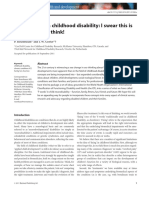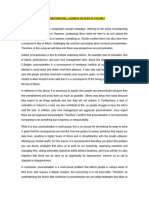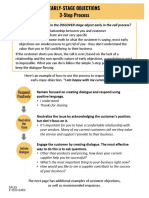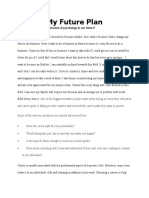0% found this document useful (0 votes)
67 views5 pagesEapp Midterm
This document provides a quiz on English for academic and professional purposes. It covers topics like avoiding personal language, parts of papers like introductions, summaries, bodies, and conclusions. It also asks questions about different types of papers like reaction papers, reviews, critiques, and their purposes and structures. Key parts of papers like introductions, thesis statements, and discussions are addressed. Different critical approaches to analyze texts like formalism, feminism, and Marxism are defined.
Uploaded by
Trisha EnilCopyright
© © All Rights Reserved
We take content rights seriously. If you suspect this is your content, claim it here.
Available Formats
Download as DOCX, PDF, TXT or read online on Scribd
0% found this document useful (0 votes)
67 views5 pagesEapp Midterm
This document provides a quiz on English for academic and professional purposes. It covers topics like avoiding personal language, parts of papers like introductions, summaries, bodies, and conclusions. It also asks questions about different types of papers like reaction papers, reviews, critiques, and their purposes and structures. Key parts of papers like introductions, thesis statements, and discussions are addressed. Different critical approaches to analyze texts like formalism, feminism, and Marxism are defined.
Uploaded by
Trisha EnilCopyright
© © All Rights Reserved
We take content rights seriously. If you suspect this is your content, claim it here.
Available Formats
Download as DOCX, PDF, TXT or read online on Scribd
/ 5










